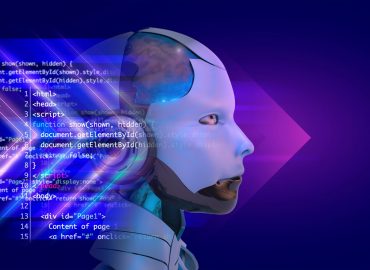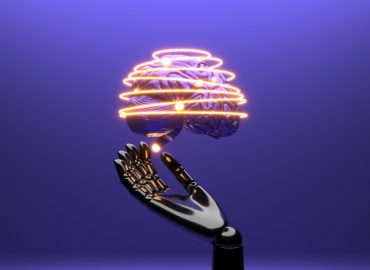Blog ENG
The Future of Artificial Intelligence: The Power of Intelligence
This is the first part of a series of blog posts about the future of artificial intelligence, with a particular emphasis on the importance of working on its safety.
We live in strange times. Not in the last few years, what with the pandemic and the war in Ukraine and the inflation and everything, but rather in the last couple of thousands of years, and even more so in the last couple hundred. We have, in time corresponding to just a few human lifetimes, gone from riding horses to piloting jet planes, from the continents on the other end of the ocean being unreachable to celestial bodies being reachable, from medicinal herbs to mRNA vaccines, from smoke signals to the Internet.
Our planet harbors a species on whose conscious decisions rests the future of the climate of that planet. Our planet harbors a species which could decide to wipe out any other species, living in any corner of that planet, and the only thing that species could hope is that that first species changes it mind, or perhaps that some among that species decide to protect it. This is not, it is understood, the customary state of affairs of the Planet Earth. It is customary to us, since that state is going to more-or-less the same tomorrow, and it was more-or-less the same yesterday, and we lack the faculties to comprehend the strangeness in situations which involve changes on any time scales (significantly) larger than these — but it is, still, not at all a customary state.
The ascent of man
The cause of those changes is, of course, the ascent of man — but what is the cause of the ascent of man? It would be reductive to say that the cause is merely the intellligence, yet that seems like the best available reduction, lest we go into numerous other details. And the other causes are, well, also the results of human brains — there haven’t been any “gifts from the skies” which brought this state upon us, rather it was ourselves, a set of human brains and bodies that they control.
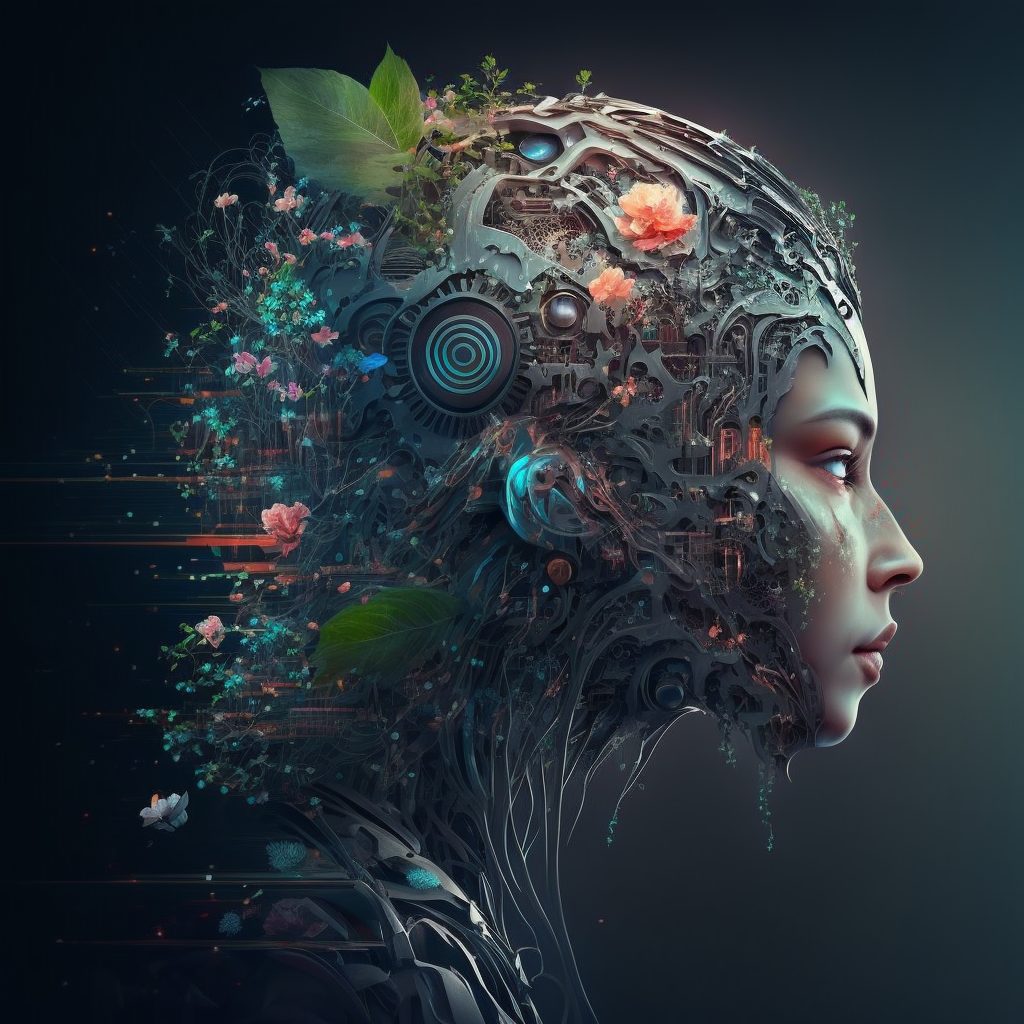
Pondering that fact, that intelligence is capable of bringing about tectonic changes to a world in which it finds itself, brings us to the question: does the development of artificial intelligence have a potential to bring about a similar tectonic change?
Capabilities of AI
There’s an observation which is kind of trivial, but also non-obvious: that human beings are, more-or-less, the stupidest possible species capable of inventing technology — since, if any stupider species was capable of it, they would then be “here” instead of us, they would have “taken over the planet” before we did.
That observation chains into another: that human beings do not sit at the peak of intelligence. This is attested to by various data points in the history of AI, where AI systems did not stop their capabilities at the human level, e.g. chess or Go AI programs did not stop at even the top human level capability, but rather zoomed right past it.
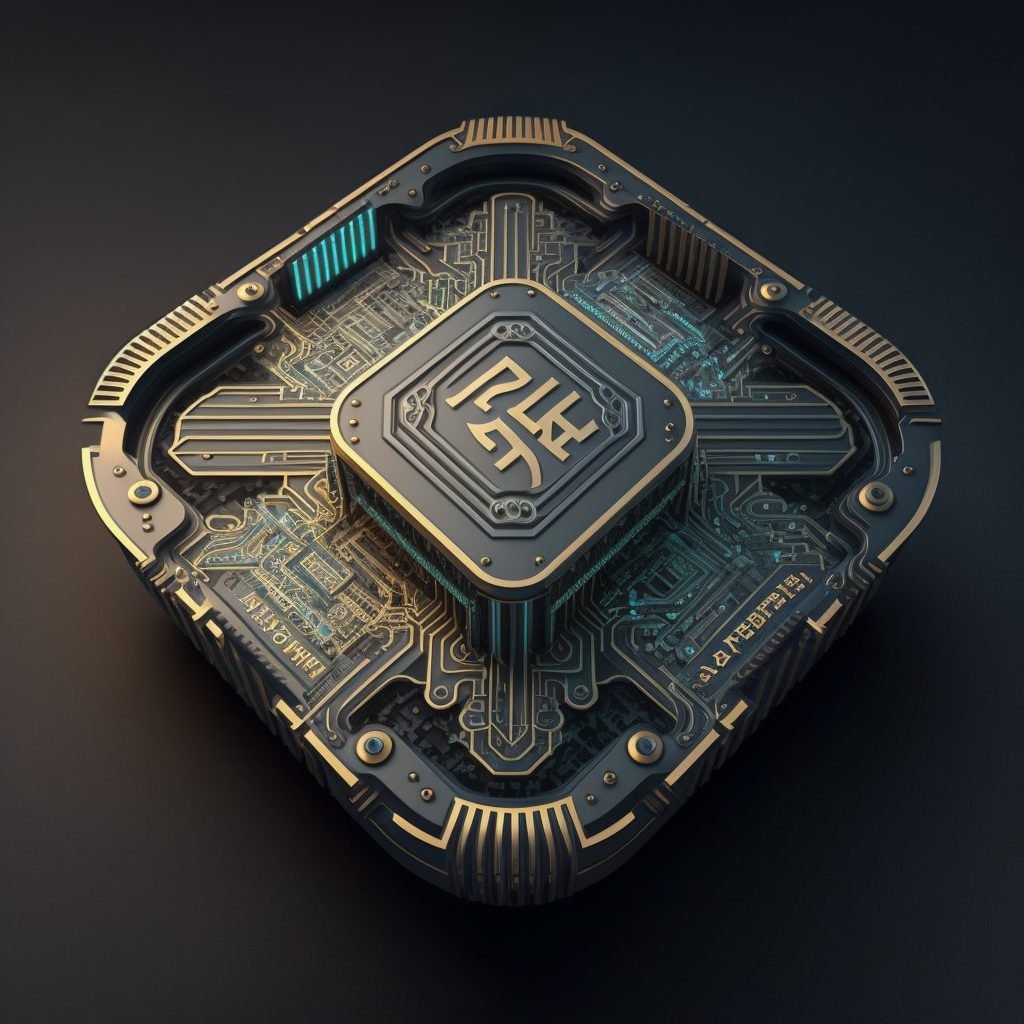
So we are faced with a possible future development in which the machine intelligence exceeds ours. That might be enough to worry, but do note that it is not merely the past successes of AI that lend credence to this scenario; it is also many other advantages which a machine intelligence might imaginably have compared to human. Among other things, it will potentially have the ability to:
- duplicate itself as fast as it can load into computer memory
- upgrade its memory; whether working (RAM) or permanent (ROM) one
- have a truly permanent memory which does not degrade
- think a lot faster (neurons fire at ~1-200Hz; modern chips operate at gigahertz scale)
- have much faster input/output channels with its environment
- improve its own algorithms.
In other words — to paraphrase I. J. Good — once a superintelligent machine (one that can surpass the intellectual activities of any human) is made, then since the design of machines is one of those intellectual activities, that machine could design even better machines; “there would then be an ‘intelligence explosion’, and the intelligence of man would be left far behind”.
Future predictions
The key question now seems to be: how far away are we from these concerns actually being realized in our world? Suppose we had a thousand years before any machine with a human-level cognition, then these things would not lose all of their relevance, but their relevance would be more akin to Johannes Kepler’s writing about traveling to the Moon in the 1600s rather than a concern we ought to make an everyday one.
In the 2022 Expert Survey on Progress in AI run by AI Impacts, which surveyed AI scientists who published papers at top AI conferences in 2021, and asked about their timelines for “high-level machine intelligence”, which was defined as the time when ‘unaided machines can accomplish every task better and more cheaply than human workers’. The aggregate forecast time to a 50% chance of high-level machine intelligence was 37 years from 2022. Notably, the median respondent’s probability that the long-run effect of advanced AI on humanity will be “extremely bad (e.g., human extinction)” was 5%.
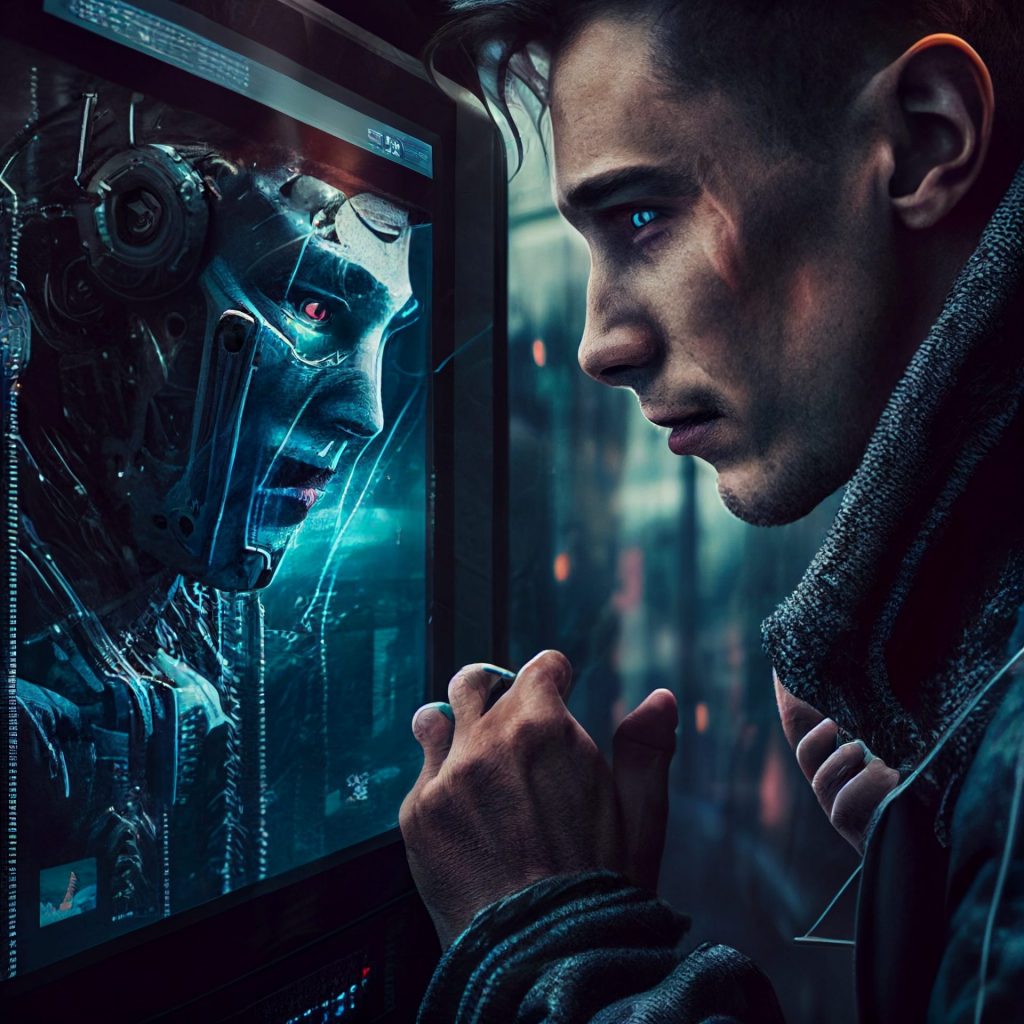
There has also been some more direct quantitative modeling work. Ajeya Cotra, in her 2020 report on AI timelines, used biological anchors — such as the estimated total computational power of the human brain — to forecast ‘transformative AI’ — transformative AI here referring to a potential future AI which precipitates a transition comparable to (or more significant than) the agricultural or industrial revolution. Her bottom-line estimate was:
- roughly 15% probability of transformative AI by 2036. and
- a median of ~2050 for transformative AI.
In 2022, Cotra posted a two-year update to her timelines, informed (among other things) by the latest advancements in AI. Her revised bottom-line estimates were:
- roughly 15% probability of transformative AI by 2030 (35% by 2036) and
- a median of ~2040 for transformative AI.
In the second part of this series, The intuitive machine, we are going to take a detailed look at what exactly happened in AI over these last few years, and what do those developments imply about our future.
